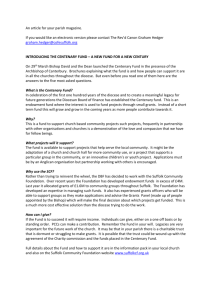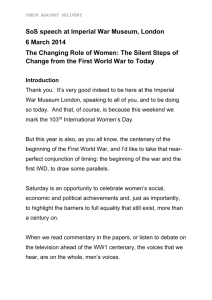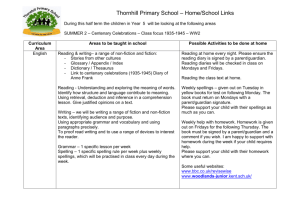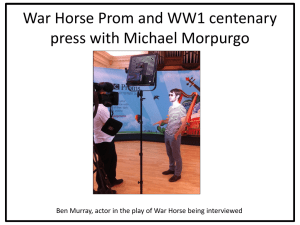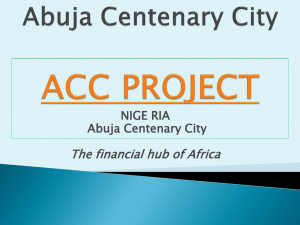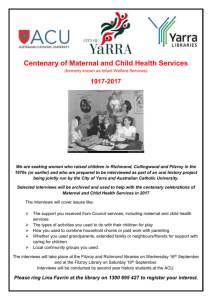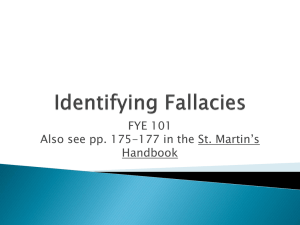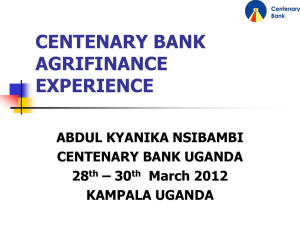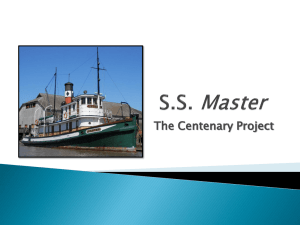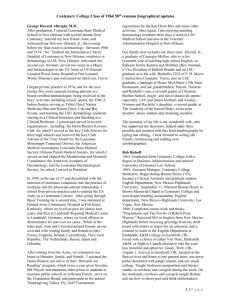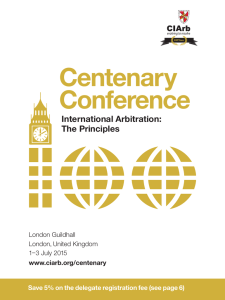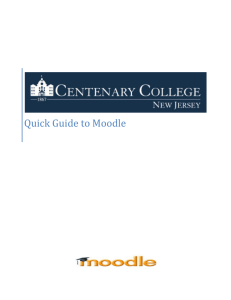his letter of 14 June 2012 addressed to all interested
advertisement
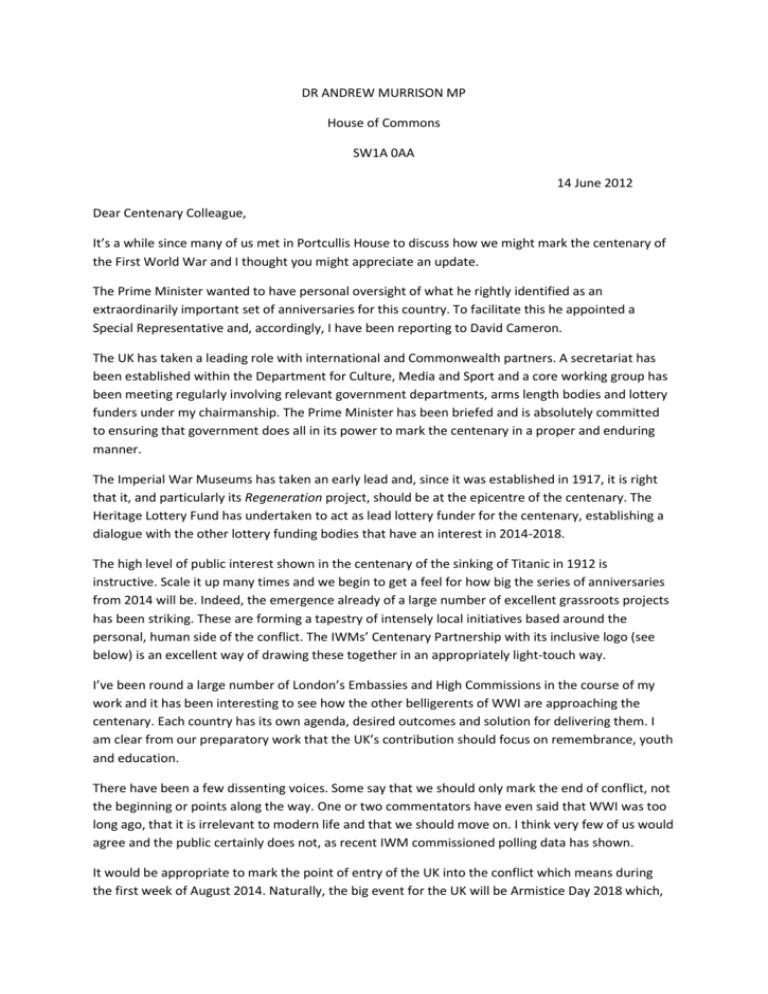
DR ANDREW MURRISON MP House of Commons SW1A 0AA 14 June 2012 Dear Centenary Colleague, It’s a while since many of us met in Portcullis House to discuss how we might mark the centenary of the First World War and I thought you might appreciate an update. The Prime Minister wanted to have personal oversight of what he rightly identified as an extraordinarily important set of anniversaries for this country. To facilitate this he appointed a Special Representative and, accordingly, I have been reporting to David Cameron. The UK has taken a leading role with international and Commonwealth partners. A secretariat has been established within the Department for Culture, Media and Sport and a core working group has been meeting regularly involving relevant government departments, arms length bodies and lottery funders under my chairmanship. The Prime Minister has been briefed and is absolutely committed to ensuring that government does all in its power to mark the centenary in a proper and enduring manner. The Imperial War Museums has taken an early lead and, since it was established in 1917, it is right that it, and particularly its Regeneration project, should be at the epicentre of the centenary. The Heritage Lottery Fund has undertaken to act as lead lottery funder for the centenary, establishing a dialogue with the other lottery funding bodies that have an interest in 2014-2018. The high level of public interest shown in the centenary of the sinking of Titanic in 1912 is instructive. Scale it up many times and we begin to get a feel for how big the series of anniversaries from 2014 will be. Indeed, the emergence already of a large number of excellent grassroots projects has been striking. These are forming a tapestry of intensely local initiatives based around the personal, human side of the conflict. The IWMs’ Centenary Partnership with its inclusive logo (see below) is an excellent way of drawing these together in an appropriately light-touch way. I’ve been round a large number of London’s Embassies and High Commissions in the course of my work and it has been interesting to see how the other belligerents of WWI are approaching the centenary. Each country has its own agenda, desired outcomes and solution for delivering them. I am clear from our preparatory work that the UK’s contribution should focus on remembrance, youth and education. There have been a few dissenting voices. Some say that we should only mark the end of conflict, not the beginning or points along the way. One or two commentators have even said that WWI was too long ago, that it is irrelevant to modern life and that we should move on. I think very few of us would agree and the public certainly does not, as recent IWM commissioned polling data has shown. It would be appropriate to mark the point of entry of the UK into the conflict which means during the first week of August 2014. Naturally, the big event for the UK will be Armistice Day 2018 which, by happy chance, falls on a Sunday. 1 July 2016 leaps out as the centenary of the first day of the Battle of the Somme. Our partners assume, with good reason, that this will be a prime focus for the UK. So, the three nationally driven anniversaries are shaping up to be 4 August 2014, 1 July 2016 and 11 November 2018. Naturally, many of the sites of interest are in Belgium and Northern France and there will be much commemoration on the continent. However, it is sometimes forgotten that we have large and historically significant Commonwealth War Grave Commission sites here – Brookwood and Lynness spring immediately to mind - together with other locations of relevance to WWI, notable Folkestone which was the main port of embarkation for men and material. It is important that these are given the full prominence they deserve in our national commemoration. Each of us will be able to suggest a number of additional events that are worthy of commemoration. Some will require national governance and others will benefit from more local arrangements. Within our timeframe lie important non-WWI anniversaries that we will want to observe. Some of these relate to ancient conflicts, others will involve living veterans and their families, notably the 75th anniversary of Britain’s entry into WWII and the 70th anniversaries of D Day, VE Day and VJ Day. The UK differs from our continental partners in having a unique relationship with the Commonwealth which is, naturally, informing our perspective on the centenary. The UK’s relationship with the Republic of Ireland has taken a dramatic turn for the better following the Queen’s hugely successful visit to Dublin and the centenary offers an opportunity to develop this further. Part of the challenge of the centenary is to anticipate the expectations of partner nations and to plan accordingly. With this in mind, work is underway in collaboration with the UK’s representatives abroad, particularly in Paris and Brussels. There is a strong appetite for a centenary focussed heavily on youth. After all, those on the frontline in WWI were young and it is appropriate that they are in the van of our commemoration. Consequently, we are looking at an enduring educational vehicle that will be named for the centenary. I anticipate a formal announcement by government of its proposals later this year, allowing a two year run-up to the start of the centenary. In the meantime, I hope that you will continue to provide input as plans are brought to maturity over the summer. Tim Scott is the project’s desk officer and his contacts are; 0207 2116148; TIM.SCOTT@Culture.gsi.gov.uk. Alternatively, please contact me on 01225 358584 or by email; andrew.murrison.mp@parliament.uk Best wishes, Andrew Murrison
